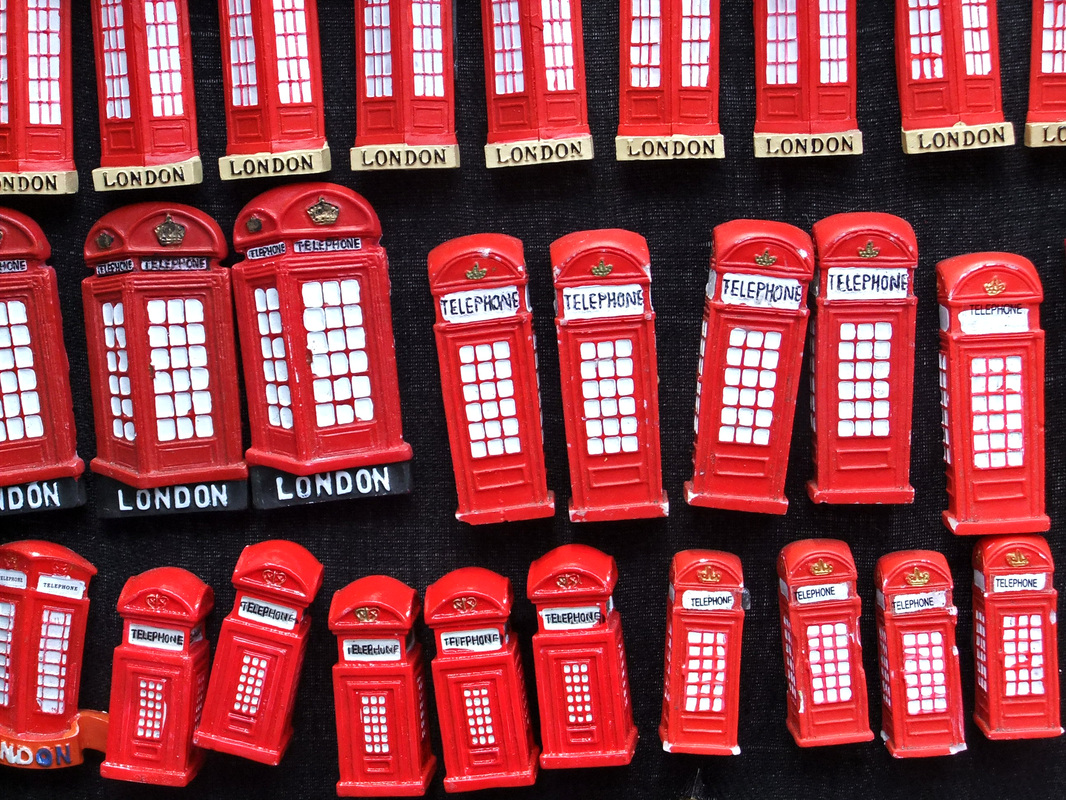Thank you for providing so much interesting research about the history of the places we saw. You worked really hard!
Here is the vocabulary that we went over at the end (even though it was a bit noisy in that bar!).
I look forward to seeing you all again soon and wish you all a very Happy Christmas and a great 2014!
Best Wishes
Gail
Vocabulary:
To be broke (adjective) (informal): To have no money. E.g. I can’t stay in London any longer because I’m absolutely broke!
Gobbledegook (also gobbledygook) (noun) (informal): Complicated language that is hard to understand. We also use it to mean that something that someone says is rubbish. E.g. I listened to the teacher in class but it was complete gobbledegook to me! E.g. I watched that T.V. programme last night but it was total gobbledegook.
A wig (noun): a covering made of real or false hair that you wear on your head. E.g. we saw the wigs that a judge and barrister wear in court. They are made of horse hair.
A gown (noun): a) A loose piece of cloth worn by certain professions E.g. lawyers, barristers, judges. We saw some of the gowns worn by lawyers and Judges in the shop, Ede & Ravenscroft (the specialist gown and robe makers since 1689).
a) A woman’s long formal dress for special occasions.
c) A dressing gown. This is the long loose robe that we wear after a bath or when we get out of bed.
A robe (noun): A long, loose piece of clothing, especially worn at ceremonies.
To quote (verb): a) to repeat exactly something that somebody else ahs said or written before. E.g. The newspaper quoted the Prime Minister.
b) to say what the cost of a piece of work is or probably will be. E.g. He quoted £1,200 to repair our roof.
A quotation (noun) We usually say ‘a quote’: a) a phrase from a book, speech, play etc.
b) a statement that says how much a piece of work will probably cost. E.g. He gave me a quote for £50 to put some shelves up.
To abbreviate (verb): To make something shorter, especially a word or phrase. E.g. The World Wide Web is usually abbreviated to ‘www’.
An abbreviation (noun): A short form of a word or phrase
E.g. etc = etcetera; Mr. = mister; kilometre = km
A measurement (noun): a) a size, amount etc that is found by measuring. E.g. What are the exact measurements of the room? (= how wide, long etc is it?)
A foot (noun) (used in measurement): A measure of length. 1 foot = 30 centimetres (cm).
E.g. How tall are you? I’m 5 foot 5 (inches)
E.g. A 6-foot high wall
We abbreviate feet/foot as ‘ft’ E.g. She’s 5ft 3ins (= 5 foot 3 inches).
A jug (noun): A container with a handle used for holding or pouring liquids. E.g. A milk jug. E.g. A jug of water. E.g. We asked for a jug of water at the end of our walk.
A vase (noun): A container that is used for holding cut flowers in water.
A window box (noun): A long narrow box outside a window, in which plants are grown.
A gardener (noun): a person who works in a garden as a job or for pleasure. E.g. The gardener in the Inns of Court knows how to create beautiful gardens!
To sue (somebody) (for something) (verb): To go to a court of law and ask for money from somebody because they have done or said something bad about you. E.g. He took his company to court and sued them for £10000000 because they broke their contract.
To lie (about something) (verb): To say or write something that you know isn’t true. E.g. The witness lied in court. E.g. How could you lie to me?
A lie (noun): to tell a lie. E.g. That story he told us about being ill, was just a lie to get out of working!
Perjury (noun): When a witness (or the person who is either accused or the defendant) deliberately lies in court. E.g. The witness committed perjury when she lied about what time he arrived back home.
 RSS Feed
RSS Feed
